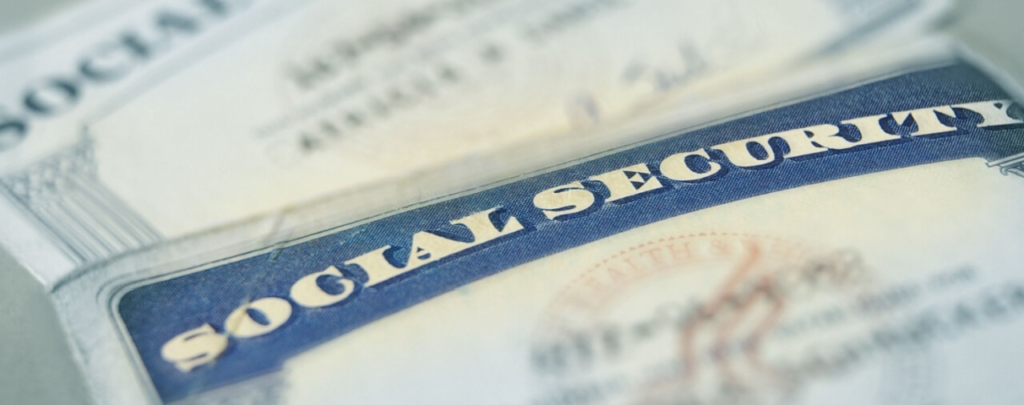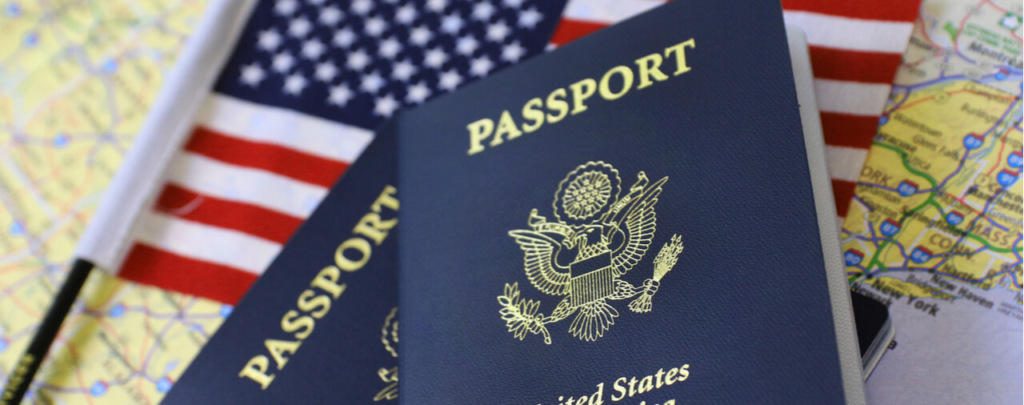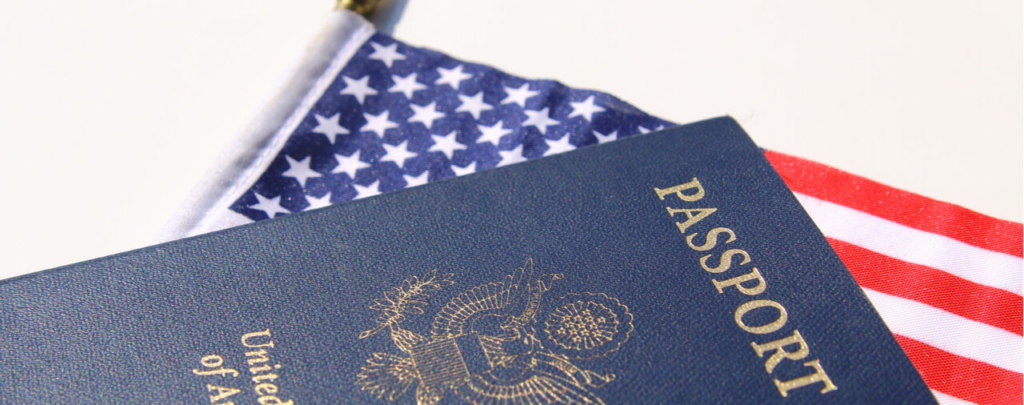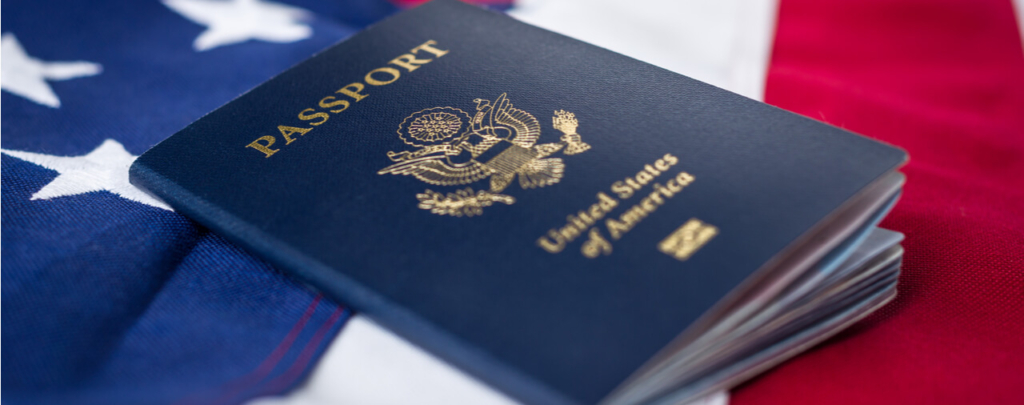- Introduction to the Selective Service and Immigration
- Selective Service Obligations for Immigrants and Nonimmigrants
- USCIS Helps Applicants for Lawful Permanent Residency Register
- Selective Service and Eligibility for Naturalization
- Selective Service and Immigration
Introduction to the Selective Service and Immigration
Male U.S. citizens (USCs) and lawful permanent residents (LPRs) are required to register for selective service between the ages of 18 and 25. In the immigration context, if an alien who was required to do so fails to register for selective service, there may be adverse immigration consequences, including a non-permanent bar to naturalization [see category]. This article will explain the selective service requirement in the immigration context and the consequences for failing to register with selective service if required to do so.
Selective Service Obligations for Immigrants and Nonimmigrants
Documented and undocumented immigrant men between ages 18 and 25 are required to register for selective service. The law requires that registration occurs within 30 days of the man’s 18th birthday, but late registrations are accepted prior to his turning 26 years of age. Undocumented aliens may register for selective service even without a social security number (SSN), although the Selective Service System (SSS) advises that if an SSN is subsequently obtained, the alien should inform the SSS. There are exceptions for persons on active duty in the U.S. armed forces, cadets or midshipman at Service Academies or the Coast Guard Academy, and students in certain officer procurement programs (consult chart for specific programs). Please consult the following chart from the SSS for a comprehensive list:
| Selective Service Obligations | Yes | No |
Category | ||
| All male U.S. citizens bom after December 31, | X | |
Military Related | ||
| Members of the Armed Forces on active duty | X | |
| Cadets and Midshipmen at Service Academies or Coast Guard Academy | X | |
| Cadets at the Merchant Marine Academy | X | |
| Students in Officer Procurement Programs at the Citadel. North Georgia College and State University. Norwich University. Virginia Military Institute. Texas A&M University. Virginia Polytechnic Institute and State University | X | |
| ROTC Students | X | |
| National Guardsmen and Reservists not on active duty | X | |
| Delayed Entry Program enlistees | X | |
| Separatees from Active Military Service, separated for any reason before age 26 | X | |
| Men rejected for enlistment for any reason before age 26 | X | |
| Civil Air Patrol Members | X | |
Immigrants | ||
| Students in Officer Procurement Programs at the Citadel. North Georgia College and State University. Norwich University. Virginia Military Institute, Texas A&M University. Virginia Polytechnic Institute and State University | X | |
| Permanent resident aliens (USCIS Form 1-551) | X | |
| Seasonal agriculture workers (H-2A Visa) | X | |
| Refugee, parolee, and asylee immigrants | X | |
| Undocumented immigrants | X | |
| Dual national U.S. citizens | X | |
Confined | ||
| Incarcerated, or hospitalized or institutionalized for medical reasons | X | |
Handicapped physically or mentally | ||
| Able to function in public with or without assistance | X | |
| Continually confined to a residence, hospital, or institution | X | |
Gender Change / Transgenders | ||
| U.S. citizens or immigrants who are born male and have changed their gender to female | X | |
| Individuals who are born female and have changed their gender to male | X |
It is important to note that SSS states explicitly that it does not collect information about an alien’s immigration status or lack thereof. Undocumented male aliens between the ages of 18 and 25 should fulfill the selective service requirement and know that they are not putting themselves at any greater risk of adverse immigration consequences by doing so.
Aliens who are in the United States with valid nonimmigrant visas are not required to register for selective service so long as they remain in status. However, if an alien who is between 18 and 25 years of age allows his status to lapse, he will be required to register for selective service if he remains in the United States. Asylees, refugees [see category], and parolees are required to register for selective service.
Aliens who are required to register and intend to seek student financial aid, government employment, or job training benefits are advised to expeditiously register directly with selective service in order to ensure eligibility for such benefits.
Note on Transsexual Men and Women
The selective service requirement applies to any person who was born male, regardless of gender reassignment. Furthermore, it does not apply to anyone who was born female, regardless of gender reassignment.
USCIS Helps Applicants for Lawful Permanent Residency Register
Starting on December 1, 2000, United States Citizenship and Immigration Services made the full transition to using the Form I-485, Application to Register Permanent Residence or Adjust Status, for applications for LPR status. Among other things, this streamlined the selective service application process for LPR applicants [PDF version].
When USCIS accepts a Form I-485 submitted by a male between the ages of 18 and 25, it will transmit his information to the SSS [please refer to page 6] [PDF version], and he will be registered automatically. However, if the application is not accepted and the alien otherwise needs to register, he should do so directly with the SSS. The SSS always checks its records upon receiving an application to avoid duplication.
Selective Service and Eligibility for Naturalization
Failure to register for selective service constitutes a non-permanent bar to naturalization. According to the USCIS Policy Manual [PDF version], an applicant who appears to have failed to register may be asked to submit a status information letter and registration acknowledgment card.1 The applicant will have the opportunity to demonstrate by the preponderance of the evidence that the failure to register was not a willful act (failure on the part of USCIS or SSS to register the applicant will not be considered a willful failure).2
Applicants for naturalization [see article] who failed to register and are between the ages of 18 and 25 will generally be found ineligible for naturalization. Because the good moral character (GMC) period for naturalization is 5 years, an applicant between the ages of 26 and 31 who failed to register may be found ineligible for naturalization unless he can show that the failure to register was not knowing or willful. Applicants who are over the age of 31 and who had failed to register will generally not be found ineligible for naturalization on account of the failure to register.3
Please note that males who were born after March 29, 1957, but before December 31, 1959, are exempt from the selective service registration requirement.4
Deportability Ground
A conviction for violating, or a conspiracy to violate, selective service laws is a deportability ground under section 237(a)(2)(D) of the Immigration and Nationality Act (INA).
Selective Service and Immigration
Fulfilling the selective service registration requirement is not complicated, and every person present in the United States who is required to register should do so expeditiously. Give the immigration problems that may arise from not fulfilling the requirement — especially for those who intend to seek naturalization — there is absolutely no reason to not register for selective service.
An applicant facing a non-permanent bar to naturalization because of the selective service requirement should consult with an experienced immigration attorney for guidance.
- USCIS Policy Manual, Volume 12, Chapter 7 — Attachment to the Constitution
- Id., 50 U.S.C. App. 462
- See also Memo, Yates, Deputy Exec. Assoc. Comm., Field Operations (June 18, 1999), published on AILA InfoNet at Doc. No. 99010740
- See Proc. No. 4771 of July 2, 1980 1-101, 94 Stat. 3775 (1980). See 50 U.S.C. App. 456(a). See Sec. 3(a) of the Military Selective Service Act [50 U.S.C. App. 453(a)].
Resources and Materials:
“Immigrants and Dual Nationals,” SSS, retrieved on October 20, 2015, available at https://www.sss.gov/Registration/Immigrants-and-Dual-Nationals [PDF version]
“Who Must Register,” SSS, retrieved on October 20, 2015, available at https://www.sss.gov/Registration-Info/Who-Registration [PDF version]





